Shoulder Pain
The shoulder can be considered as a set of joints working together to allow controlled arm movement, making it one of the most complex regions of the body. It is comprised of: the glenohumeral joint, acromioclavicular joint and the scapulothoracic joint.
What are the common causes of shoulder pain?
Common causes of musculoskeletal related pains tend to originate from bones, ligaments, tendons and muscles. These symptoms tend to settle with time and good self-management.
These pains may be a result of an acute injury or a flare up of a long standing issue. Simple advice is keep active and keep moving, it will often settle with time.
Click on the following information to find out about common conditions related with shoulder pain.
Common conditions of the Shoulder
See below for the common signs and symptoms with a link to the MSK Matters page on how best to manage it.
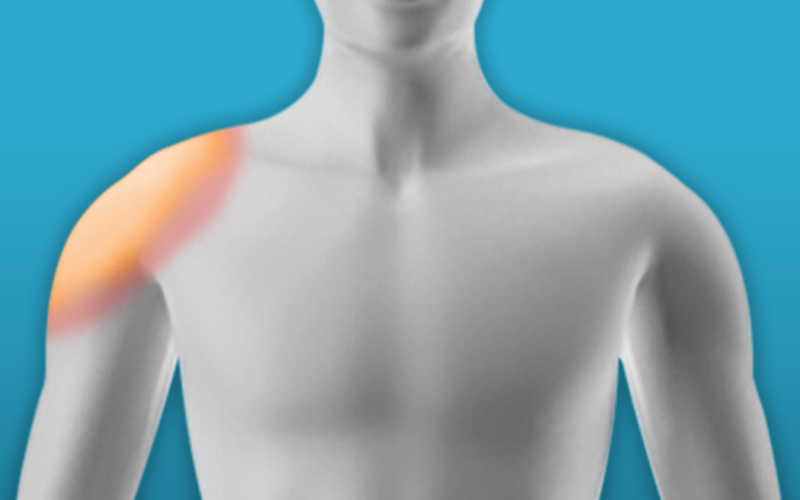
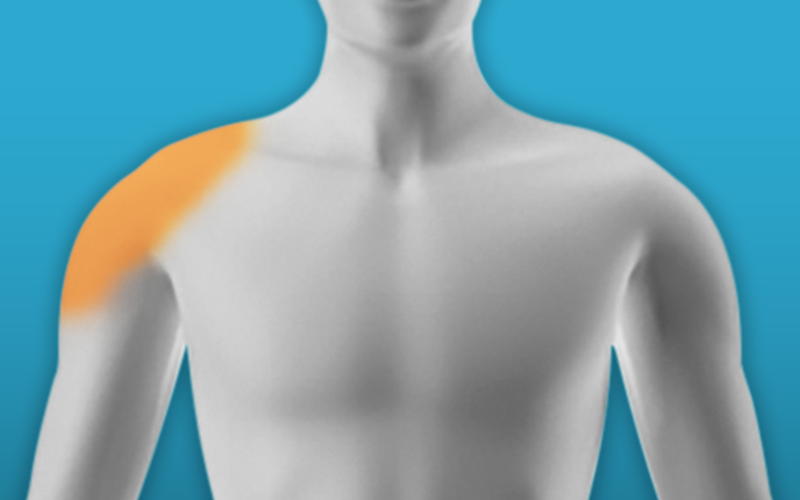

Early management of sprains and strains
Click here for more information on early management of sprains and strains
Osteoarthritis of the shoulder
- Gradual onset of pain
- Reduced range of movement
- Stiffness for 30 minutes or less first thing in the morning
- Crepitus or noises coming from the joint when moving
- Pain can disturb sleep
Click here for more information on osteoarthritis of the shoulder
Rotator cuff related shoulder pain
- Pain over outside of shoulder and can refer down the arm
- Pain common when doing activities above shoulder height
- Pain can disturb sleep especially if lying on painful shoulder
- There can be some weakness associated with the pain
Click here for more information on rotator cuff related pain
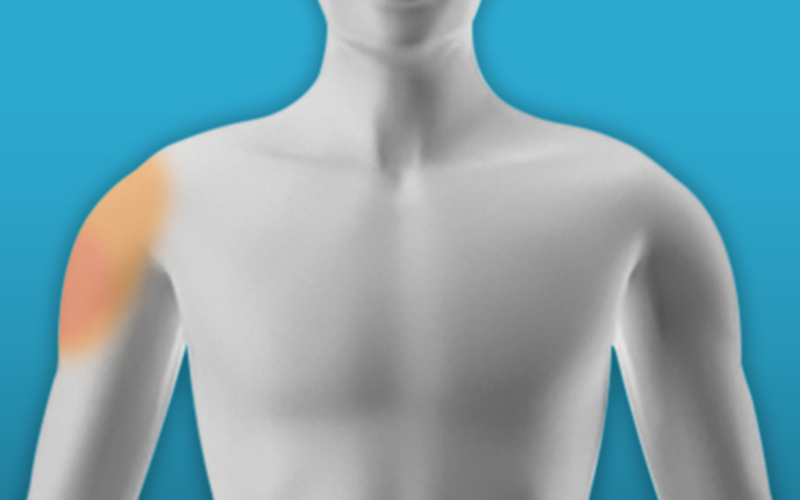
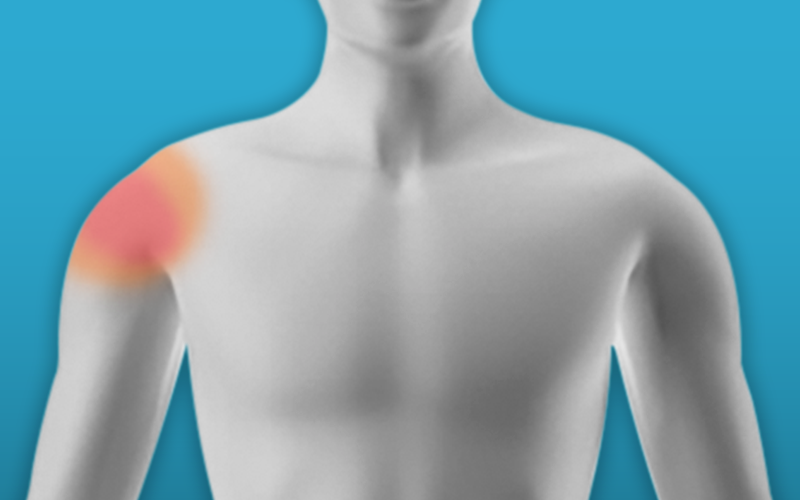

Large rotator cuff tear
- Can be a sudden onset following trauma
- Can occur over a long period of time
- Weakness – unable to lift arm out to the side
- Weakness – unable to hold arm in the air
- Pain on the outside of the shoulder and often in to the upper arm
- Pain can disturb sleep
Click here for more information on large rotator cuff tear
Frozen shoulder
- Pain can be very severe in the early stages and then reduces with time
- Movements are restricted – often external rotation and raising the arm out to the side are the most restrictive
- The shoulder joint can be stiff for a number of months
- Pain can disturb sleep
- Common age between 40 – 65 years old
- Common in people with diabetes
Click here for more information on frozen shoulder
Shoulder instability
- History of shoulder dislocations
- History of subluxations – feeling of shoulder shifting in and out of place
- Clicking, popping or clunking
- Pain and weakness in a certain position (often overhead activity)
Click here for more information on shoulder instability
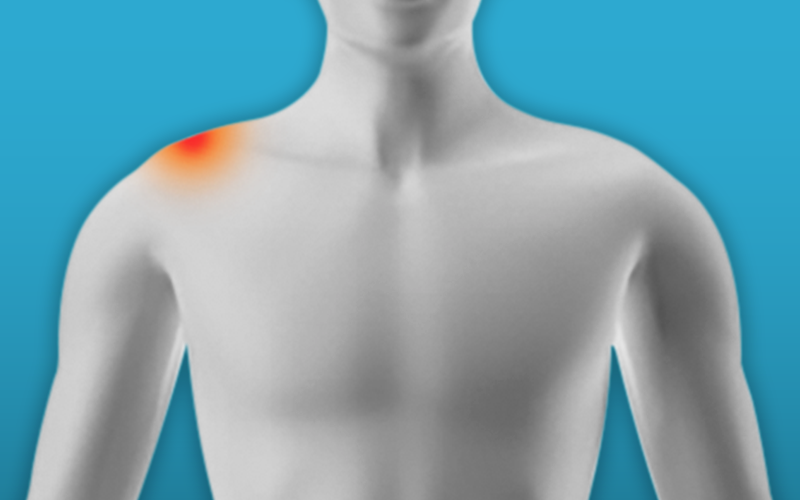
Acromioclavicular joint (ACJ) pain
- Pain occurs on the top of the shoulder where the collar (clavicle) bone meets the shoulder blade (scapula)
- Pain with movements above shoulder height
- May have history of trauma such as falling on to the shoulder
- There may be swelling or lump at the ACJ
Click here for more information on ACJ pain
Is your pain coming from somewhere else?
Shoulder pain can be as result of pain elsewhere in the body, often the neck. Commonly this is known as referred pain. Your physiotherapist or GP can advise on how to manage this with advice and exercises.
When to seek medical advice
The above advice can help you to manage your condition at home. The majority of musculoskeletal conditions get better within six to eight weeks although sometimes they can persist for longer but this doesn’t mean there is something seriously wrong.
However, rarely, musculoskeletal symptoms can be caused by something more serious and it is important for you to know when to seek advice. We would advise if you experience any of the following you should seek the advice of you GP.
- the pain you are experiencing is getting worse rather than better despite following the self-management guidance above for the condition in the time frame expected
- symptoms have not been significantly helped by a trial of medication as expected
- you feel unwell and suffer symptom such as fever, night sweats or weight loss
- you experience pain at night, possibly worse than during the day that prevents you from sleeping due to increasing pain and/or difficulty lying flat.
- you experience a change in your ability to walk including balance problems or weakness/heaviness in your legs
- you develop a hot and swollen joint for no apparent reason
- early morning stiffness, lasting for longer than 30 minutes
